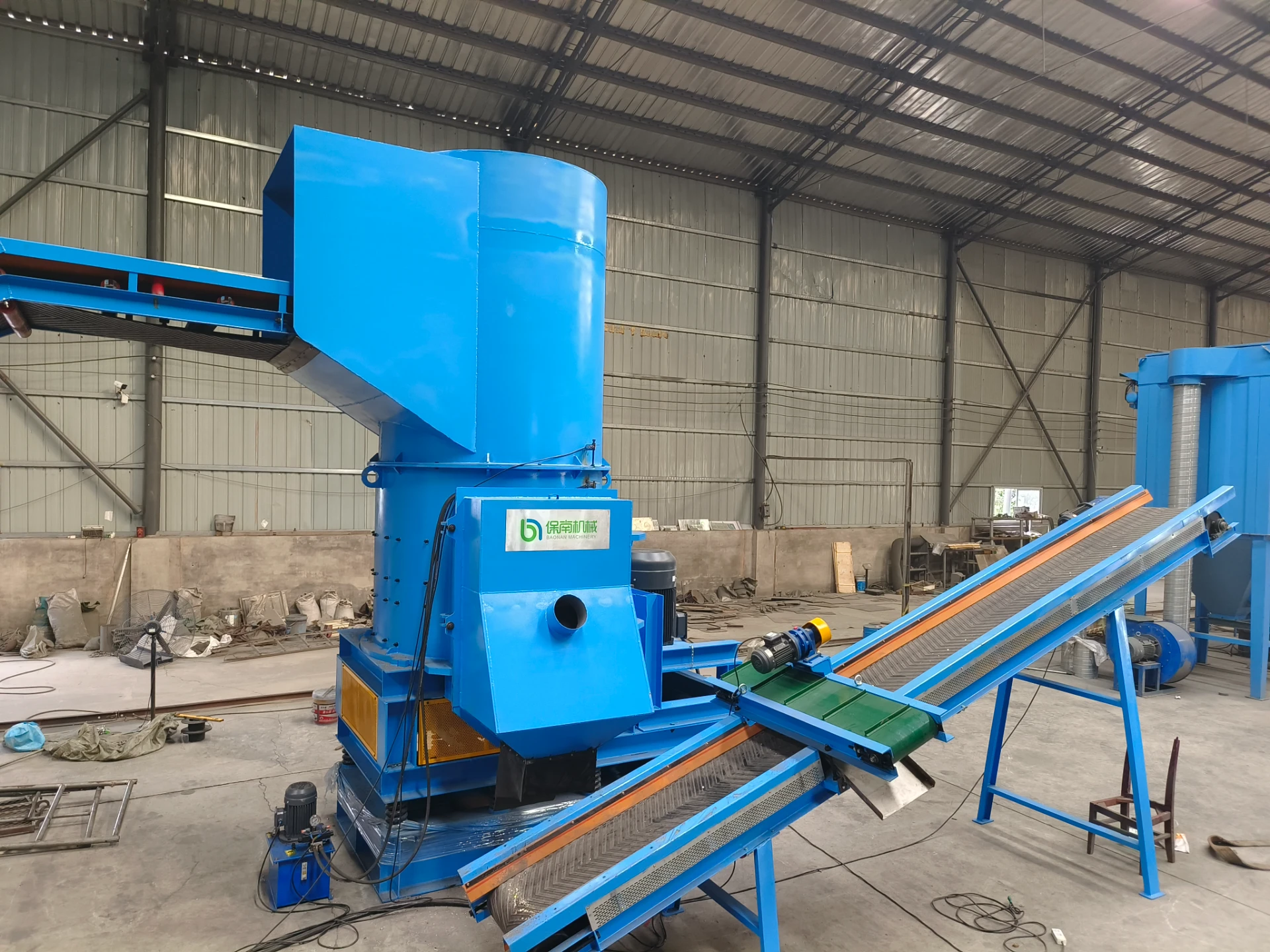

ਨਵੰ. . 10, 2024 23:33 Back to list
How to Properly Dispose of a Plasma TV
In today’s technology-driven world, television sets have transitioned from bulky cathode-ray tubes (CRTs) to slim, sleek innovations such as plasma TVs. While the latter have provided excellent picture quality and vibrant colors, they eventually become obsolete as newer models emerge. When the time comes to retire a plasma TV, it’s essential to understand the proper disposal methods to minimize environmental impact and stay compliant with local regulations. Here’s a guide on how to dispose of a plasma TV responsibly.
Understanding the Components
Before exploring disposal methods, it's crucial to understand what plasma TVs contain. These televisions are made of various materials, some of which can be hazardous. Plasma TVs typically contain glass, metals, and certain chemicals that can be harmful if disposed of improperly. Lead is one of the most concerning materials, especially in the screen and circuit boards. Thus, the disposal of plasma TVs must be handled with care to prevent environmental contamination.
Local Regulations and E-Waste Laws
The first step in disposing of a plasma TV is to check local regulations regarding electronic waste (e-waste). Many municipalities have specific laws governing the disposal of such items. Some areas may ban throwing e-waste in regular trash, requiring special handling. Research your local guidelines to ensure compliance and to find nearby e-waste recycling centers. Websites of local government authorities or environmental agencies can provide valuable information.
Recycling Options
Recycling is one of the best ways to dispose of a plasma TV responsibly. Many e-waste recycling facilities accept televisions, ensuring that hazardous materials are handled safely while recovering valuable resources. When recycling, look for certified e-waste recyclers that adhere to environmental standards. These facilities dismantle the TVs, separating the different materials to be recycled or disposed of safely. Not only does recycling prevent harmful substances from entering landfills, but it also conserves resources by allowing valuable materials like glass and metals to be reused.

Donation and Resale
If your plasma TV is still in working condition, consider donating or selling it instead of throwing it away. Numerous organizations accept donations of electronics, which can then be refurbished and given to those in need. Local charities, schools, or community centers might appreciate a functional TV. If you opt to sell, platforms like Craigslist, Facebook Marketplace, or local buy/sell groups can connect you with potential buyers. Just be transparent about the TV’s condition, and ensure that it works properly before completing a sale to avoid any disputes.
Manufacturer Take-Back Programs
Some manufacturers and retailers offer take-back programs for older electronics, including plasma TVs. Companies often have initiatives to ensure proper recycling of their products at the end of their lifecycle. Check if the manufacturer of your plasma TV has a return policy or recycling program. Retailers like Best Buy and Staples also have electronics recycling programs, making it easy for consumers to drop off old devices.
Safe Disposal at Hazardous Waste Events
Occasionally, municipalities host hazardous waste collection events, allowing residents to drop off items like plasma TVs for safe disposal. These events ensure that harmful materials are handled correctly and reduce the risk of environmental contamination. Keep an eye on local announcements for upcoming events in your area.
Conclusion
Proper disposal of a plasma TV is essential for protecting the environment and adhering to local regulations. By understanding the components, researching local e-waste laws, and exploring recycling or donation options, you can ensure that your old television is disposed of responsibly. Remember, every action counts when it comes to preserving our planet, and responsible disposal is a step in the right direction.
Latest news
Troubleshooting Common Eddy Separator Problems
NewsJul.04,2025
The Role of Metal Recycling Plants in Circular Economy
NewsJul.04,2025
The Impact of Recycling Line Pickers on Waste Management Costs
NewsJul.04,2025
Safety Features Every Metal Shredder Should Have
NewsJul.04,2025
How Industrial Shredders Improve Waste Management Systems
NewsJul.04,2025
How Cable Granulators Contribute to Sustainable Recycling
NewsJul.04,2025